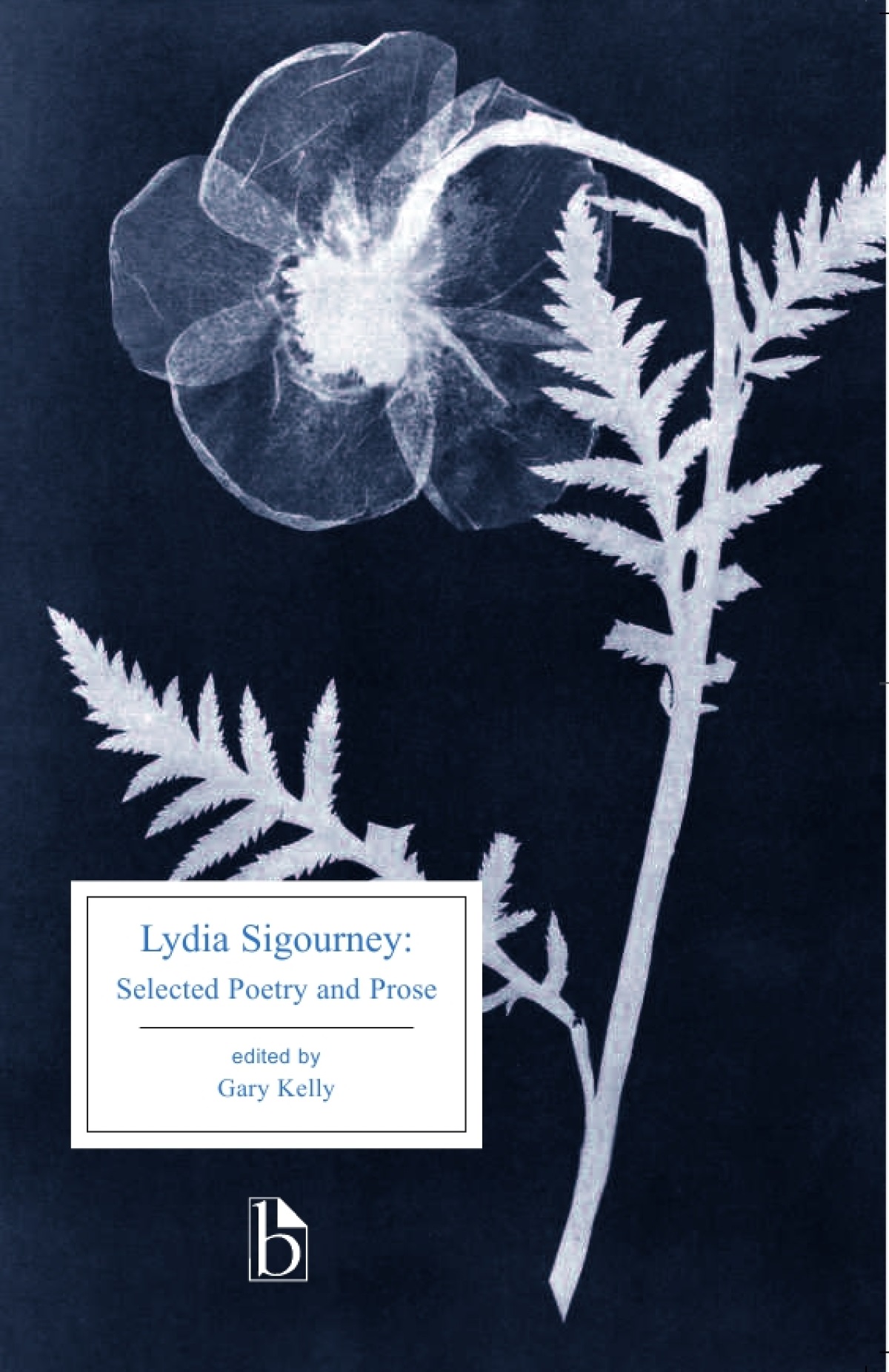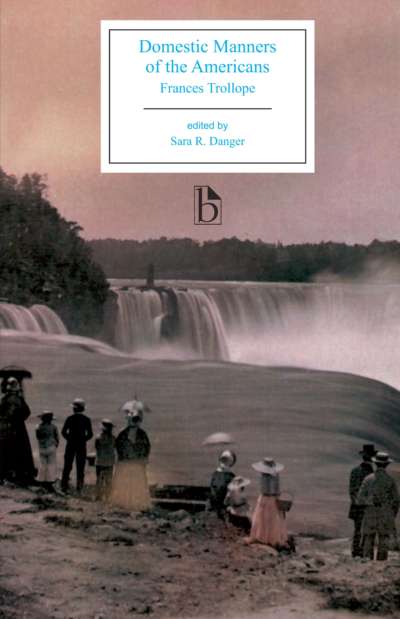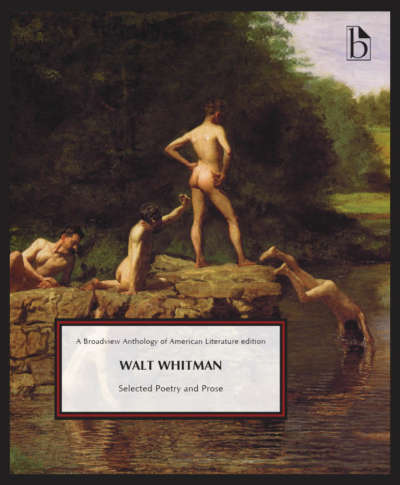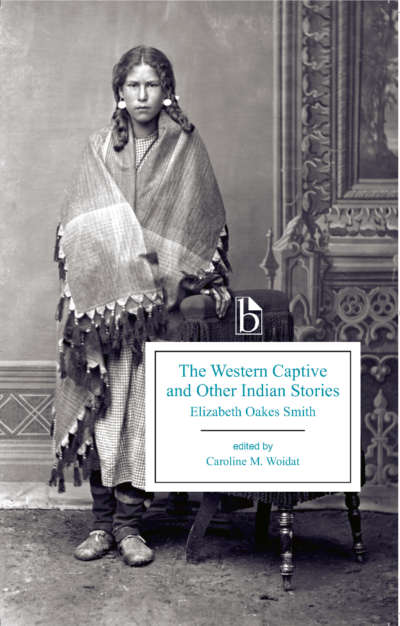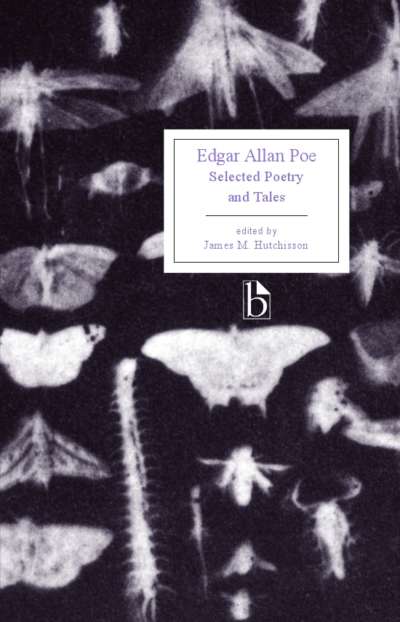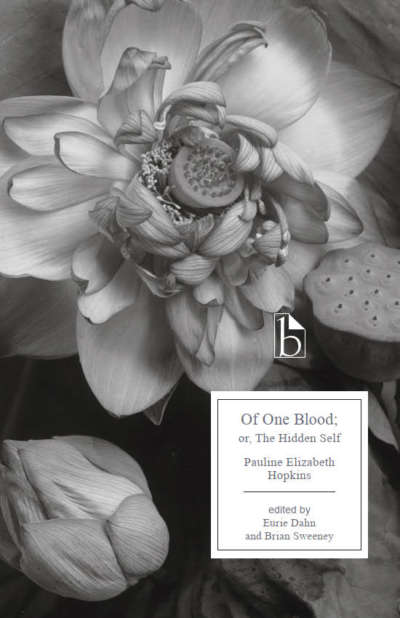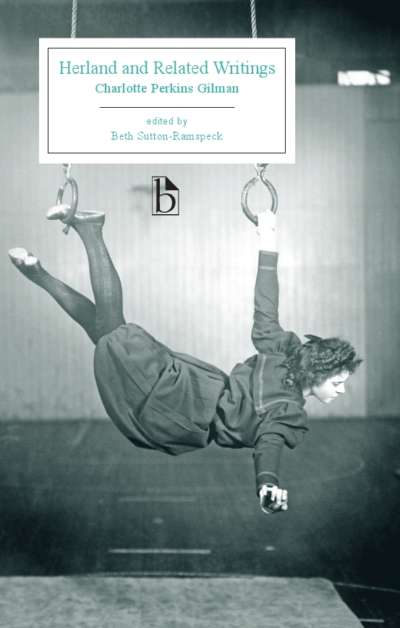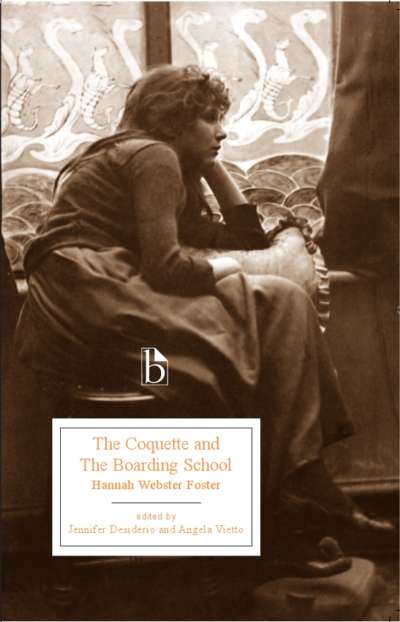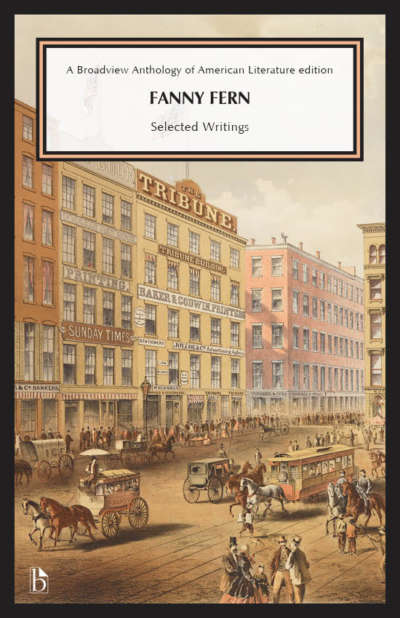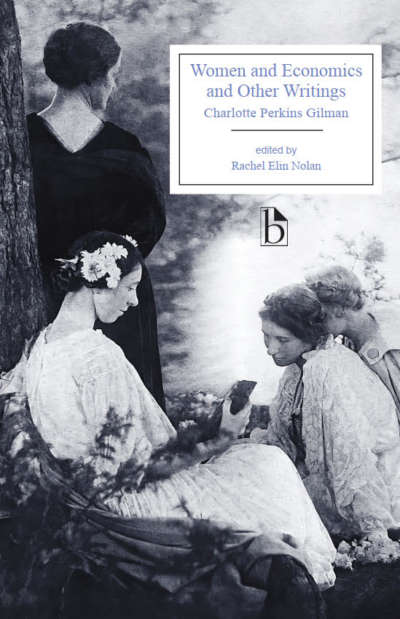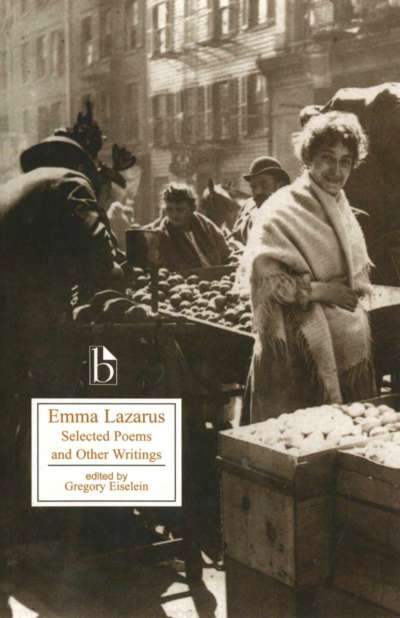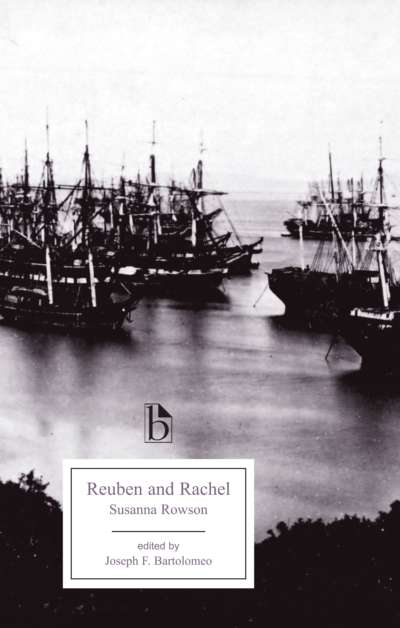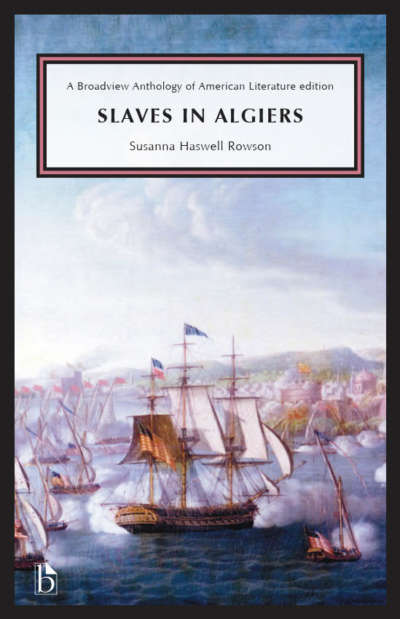
Lydia Huntley Sigourney (1791–1865) was the most widely read and respected pre-Civil War American woman poet in the English-speaking world. In a half-century career, Sigourney produced a wide range of poetry and prose envisaging the United States as a new kind of republic with a unique mission in history, in which women like herself had a central role. This edition contributes to the current recovery of Sigourney and her republican vision from the oblivion into which they were cast by the aftermath of the Civil War, the construction of a male-dominated American “national” literary canon, and the aesthetics of Modernism.
In this Broadview edition, a representative selection of poetry and prose from across her career illustrates Sigourney’s national vision and the diversity of forms she used to promote it. In the appendices, letters and documents illustrate her challenges and working methods in what she called her “kitchen in Parnassus.”
Comments
“When Edgar Allan Poe wrote to Lydia Huntley Sigourney that his magazine would not be complete without a poem by her, he correctly gauged his reader’s interest. Sigourney was the most popular American woman poet in both the United States and England in the early nineteenth century, and she earned this reputation by virtue of her remarkable skill as a writer and the extraordinary range of her themes, poetic forms, and literary genres. This rich collection of her poetry, fiction, and essays amply demonstrates her advocacy on behalf of women’s domestic culture, the new republican nation, Christian evangelism, and the American landscape. Gary Kelly’s wide selection of Sigourney’s work introduces the reader—at long last!—to the broad compass of her themes.” — Dorothy Z. Baker, University of Houston
“Gary Kelly’s much needed edition will make a critical difference to many fields by making Lydia Sigourney’s work available for students and general readers in a comprehensive manner. His brilliant interdisciplinary introduction will allow scholars to take Sigourney seriously and in doing so to revise their understanding of Romanticism, American Studies, and women’s writing.” — Mary Lou Kete, University of Vermont
Acknowledgements
Introduction
Lydia Huntley Sigourney: A Brief Chronology
A Note on the Text
Lydia Sigourney: Selected Poetry and Prose
- From Moral Pieces in Prose and Verse (1815)
- “The Desertion of the Muse”
“The Rose”
“The Creation”
- From The Square Table (1819)
- “The Advice of Tabitha Thistle, to Young Women, who are Desirous of Getting Married”
- From Traits of the Aborigines of America (1822)
- From Sketch of Connecticut, Forty Years Since (1824)
- From Poems (1827)
- “Grave of the Mother of Washington”
“The Coral Insect”
“Africa”
“Caroline Matilda, to Christian the Seventh of Denmark”
“To a Wasp”
“To an Ancient Rocking Chair”
- From The Token (1833)
- From How to Be Happy (1833)
- From Letters to Young Ladies (1833)
- From Letter I: “On the Improvement of Time”
From Letter II: “On Female Employments”
From Letter III: “On Dress, Manners, and Accomplishments”
From Letter IV: “On Books”
From Letter V: “On Conversation”
From Letter VI: “On Doing Good”
From Letter VII: “On Self-Government”
From Letter VIII: “On Motives to Exertion”
- From Sketches (1834)
- From American Annals of Education (1834)
- “On the Policy of Elevating the Standard of Female Education”
- From Poetry for Children (1834)
- “The Rat”
“War”
“Difference of Color”
- From Poems (1834)
- “Connecticut River”
“The War-Spirit”
“Slavery”
“The Liberated Convict”
“Indian Names”
- From Tales and Essays for Children (1835)
- From Zinzendorff, and Other Poems (1835)
- “Niagara”
“Death among the Trees”
“Agriculture”
“The Deaf, Dumb and Blind Girl of the American Asylum at Hartford, Con.”
“Napoleon’s Epitaph”
“Death of Mrs. Harriet W.L. Winslow, Missionary to Ceylon”
“Religious Tracts”
- From Olive Buds (1836)
- From Select Poems (1838)
- “To a Shred of Linen”
“On the Admission of Michigan into the Union”
- From Letters to Mothers (1838)
- Letter I: “Privileges of the Mother”
- From The Works of Mrs. Hemans (1840)
- From “Essay on the Genius of Mrs. Hemans”
- From Pocahontas, and Other Poems (1841)
- “The Butterfly”
“To a Fragment of Cotton”
“The Milliners and Fishes”
- From Pleasant Memories of Pleasant Lands (1842)
- “Carlisle”
From “Westminster Abbey”
- From Pleasant Memories of Pleasant Lands (1844)
- From Poetry for Seamen (1845)
- From Scenes in My Native Land (1845)
- From Myrtis: with Other Etchings and Sketchings (1846)
- From Water-Drops (1848)
- From Illustrated Poems (1849)
- “Oriska”
“The Thriving Family”
- From The Ladies’ Wreath (1851)
- From The Ladies’ Repository (1854)
- “Are the Aged a Privileged Order?”
- From The Western Home, and Other Poems (1854)
- “Wild Flowers”
“Fallen Forests”
“Powers’s Statue of the Greek Slave”
“The Muse”
- From Past Meridian (1854)
- “The Pleasures of Winter”
- From Sayings of the Little Ones, and Poems for Their Mothers (1855)
- “Humorous, or Peculiar Uses of Language”
“High Principles, or Sweet Sentiments and Affections”
“Piety: or Words Preceding Death”
“Poems for Mothers”: “Household Festivals”
“Thoughts in a Church-Yard”
- From The Ladies’ Repository (1855)
- From Lucy Howard’s Journal (1858)
- From The Daily Counsellor (1859)
- “January II”
“February IX”
“June XIV”
- From Gleanings (1860)
- “Up and Doing”
“The Sewing Machine ”
“Breakfast”
- From Selections from Various Sources (1862)
- “Use of Biography, to History”
“Precepts of Queen Christina”
“Song”
“The Provisions for Life”
“From Mrs. Hemans”
“Religion in the Family”
“Fame”
- From Letters of Life (1866)
- From Letter X: “Love and Marriage”
From Letter XIII: “Literature”
Appendix A: Letters and Manuscripts
Appendix B: Views and Reviews of Sigourney and Her Work
Select Bibliography
Gary Kelly is Professor of English and Canada Research Chair at the University of Alberta. He is the editor of the Broadview Editions of Felicia Hemans: Selected Poems, Prose, and Letters and Sarah Scott’s Milennium Hall.


